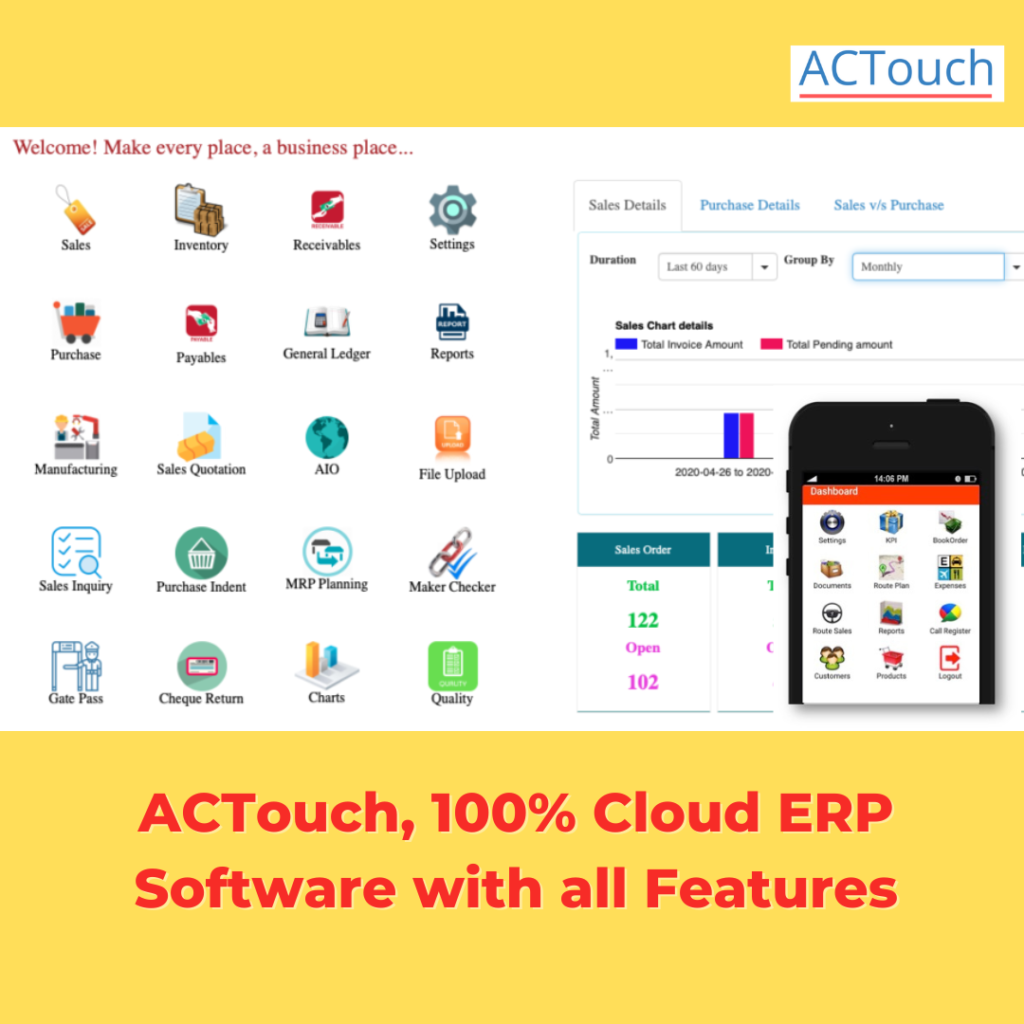Is Cash an Asset? Explained with right examples.
What is Cash?
Cash, in its simplest form, refers to physical currency and coins, along with funds held in bank accounts that are readily accessible for transactions. It serves as a universally accepted medium of exchange and holds a pivotal role in the financial operations of individuals and businesses alike.
Is Cash an Asset?
Absolutely, cash is unequivocally considered an asset. In the realm of finance, assets are resources or properties that hold value and have the potential to generate economic benefits. Cash fits this definition perfectly, as it can be used to settle debts, make purchases, and fuel business activities.
What are Current Assets and Fixed Assets?
Current Assets: These are assets that are expected to be converted into cash or used up within a short timeframe, typically a year. They facilitate day-to-day operations and include items like cash, accounts receivable (money owed by customers), and inventory. Few products like marketable securities, short-term investments, certificates of deposit, liquid assets, money market funds are considered as Current Assets or liquid.
Fixed Assets: Also known as long-term assets, these resources have a prolonged useful life and contribute to a company’s operations over several years. Examples encompass land, buildings, machinery, and vehicles. Types of Assets like Real assets, capital assets, non-liquid assets that are in physical form, real estate are not convertible into cash quickly. So these are long term assets or fixed Assets. There is also one more segment called intangible assets, which cannot be touched or seen, but can be felt.
All these are shown in company financial statements including balance sheets, income statement or cash flows reports. Non-operating assets are either treated as scrap or its asset valued is depreciated and shown in Balance sheet.
How are Assets Treated in Accounting?
Assets are a fundamental element in accounting and are recorded on a company’s balance sheet. They are categorized into current assets (short-term) and non-current assets (long-term) based on their nature and expected usage. This classification offers insights into a company’s liquidity and financial health.
Why is Cash Considered as an Asset?
Cash is considered an asset due to its inherent value and versatility. It empowers businesses to meet financial obligations promptly, invest in growth opportunities, and navigate unforeseen circumstances. Having substantial cash reserves ensures operational continuity and positions businesses to seize favorable market conditions.
What are the Major Types of Assets?
Assets encompass a diverse spectrum. Beyond cash, major types include:
- Tangible Assets: Physical items like real estate, vehicles, and machinery.
- Intangible Assets: Non-physical assets like patents, copyrights, and trademarks.
- Financial Assets: Investments such as stocks, bonds, and mutual funds.
|
Is Cash an Asset or Current Asset?
Cash can be classified as both an asset and a current asset. All current assets are assets, but not all assets are current assets. Cash, being a liquid resource, falls within the realm of both classifications. It is a key component of a company’s current assets, ensuring the ability to meet short-term financial obligations.
FAQ’s on is cash an asset?
1. Is Cash an Asset?
Yes, cash is unequivocally considered an asset. In the realm of finance, assets are resources or properties that hold value and have the potential to generate economic benefits. Cash fits this definition perfectly, as it is readily acceptable as a medium of exchange and can be used for various transactions and financial activities.
2. Is Cash an Asset or Liability?
Cash is categorically an asset, not a liability. Liabilities are obligations or debts that a company owes to external parties. Cash, on the other hand, represents the company’s liquid resources and holds intrinsic value, making it a quintessential asset that empowers businesses to meet financial obligations and invest in growth opportunities.
3. Is Petty Cash an Asset?
Yes, petty cash is considered an asset. Petty cash refers to a small amount of cash that a company keeps on hand to cover minor and immediate expenses. While the amount is usually relatively small, it is still a liquid resource that holds value and contributes to the company’s overall assets.
4. Is Cash at Bank an Asset?
Absolutely, cash at bank is a prime example of an asset. It refers to the funds held in a company’s bank accounts, which are readily accessible for various financial transactions. Cash at bank is a vital component of a company’s asset base, providing liquidity and the ability to manage day-to-day operations.
5. Is Cash an Asset or Liability?
Cash is undoubtedly an asset, not a liability. Assets encompass resources that have value and contribute to a company’s financial position, while liabilities represent obligations or debts. Cash, being a tangible and universally accepted form of value, aligns perfectly with the concept of an asset.
6. Is Cash Considered an Asset?
Yes, cash is undoubtedly considered an asset. The essence of an asset lies in its ability to generate future economic benefits, and cash exemplifies this criterion. Whether used for payments, investments, or other financial activities, cash is a versatile and essential resource that underpins a company’s financial stability and growth.
7. Why is Cash Considered an Asset? Is Cash an asset?
Cash is deemed an asset due to its inherent value and utility. It empowers individuals and businesses to engage in transactions, settle obligations, and seize opportunities. From a business perspective, cash is a cornerstone asset that ensures operational continuity, facilitates investments, and strengthens the company’s financial foundation.
8. Is Cash an Asset on a Balance Sheet?
Yes, cash is prominently displayed as an asset on a company’s balance sheet. The balance sheet provides a snapshot of a company’s financial position, detailing its assets, liabilities, and equity. Cash is typically listed under the “Current Assets” section, reflecting its role as a liquid resource available for immediate use.
9. Is Cash a Tangible Asset?
Cash is often considered a tangible asset, albeit with some nuance. While physical currency (notes and coins) represents a tangible form of cash, a significant portion of cash is typically held in bank accounts or digital formats. These forms of cash may not be physically tangible but are nonetheless considered tangible assets due to their inherent value.
10. Is Cash an Operating Asset?
Cash can be classified as both an operating asset and a current asset, depending on its usage. In an operational context, cash facilitates day-to-day business activities, making it an operating asset. Additionally, cash is a critical component of current assets, which encompass resources expected to be converted into cash within a short period.
In conclusion, cash is undeniably an asset with profound implications for businesses. Its liquidity, ease of use, and ability to fuel growth make it an invaluable resource in the financial toolkit of any business. As a current asset, cash not only safeguards operational stability but also empowers businesses to seize opportunities and thrive in a dynamic marketplace.


